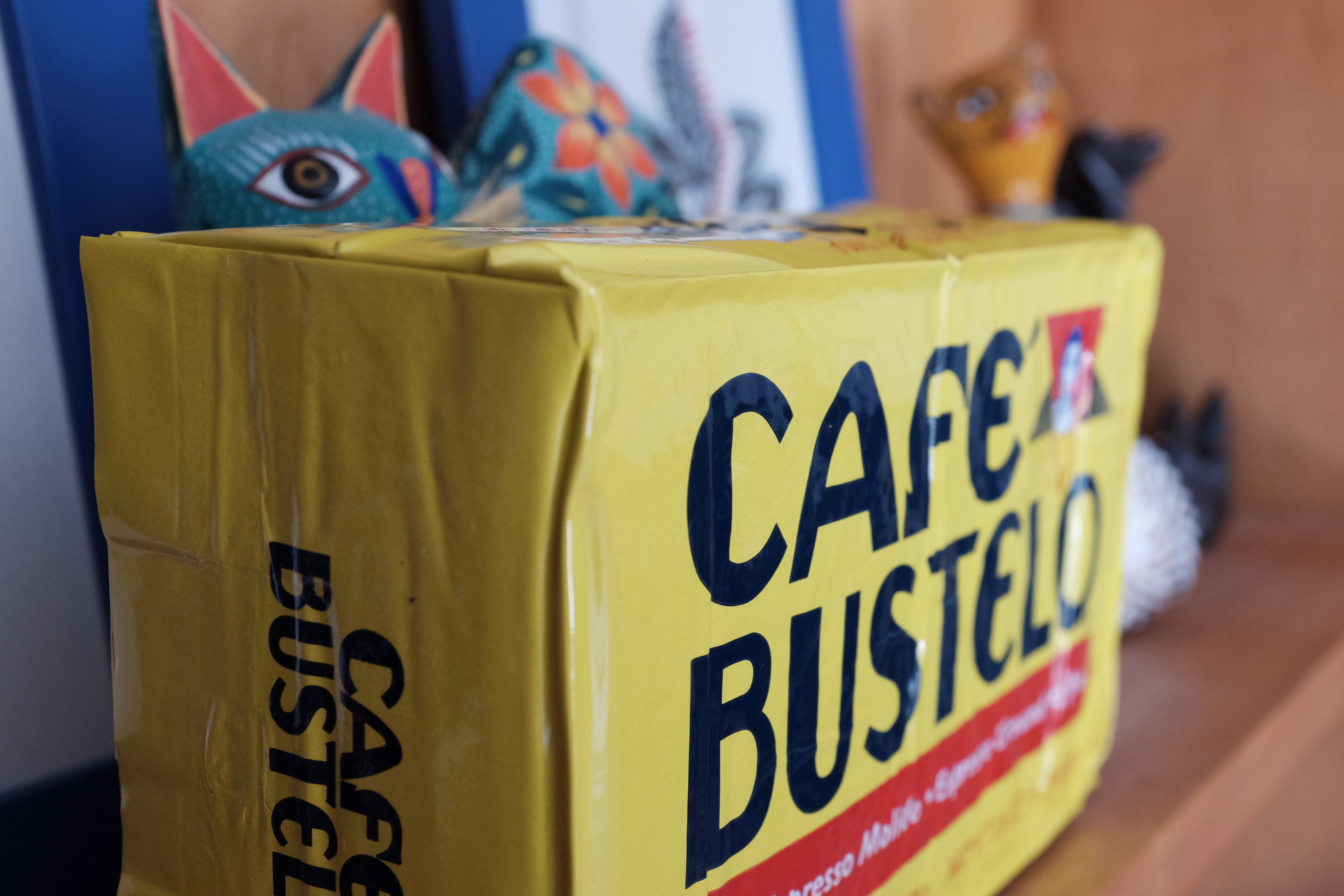I best be watchful, for my wife is smarter than she pretends to be. If not, she’s the mother of all coincidence. Because by all appearances, the woman used the vendor online tracking everyone suspects to snake a great discount from Amazon. Maybe you can turn to advantage persistant invasion of your privacy.
Our story starts on Feb. 11, 2015, when following days of price comparisons she ordered a 12-pack of one pound Café Bustelo from the Internet retailer. Price: $52.90. As we consumed coffee, she returned to Amazon on March 17, when a shocker waited: Same item cost $69.31. Ah, yeah. That’s a 31 percent increase. But by apparently gaming the system, she later purchased for 19 percent less than previously paid.
The process started accidentally. She shopped around looking for a better price, also frequently returning to Amazon. But as the shopping searches kept coming up higher than 53 bucks. her frustration increased. Then she got crafty, and decided to change circumstances to her advantage.
Anyone spending any time on the web sees the pattern: You shop at Site A for Product B, and the thing appears in banner ads elsewhere. Or you search Amazon for Item C, and the retailer sends an email a few days later with link to shop for the thing. “How far does the tracking go?” She wondered.
With that question as hypothesis, on April 8, my wife visted Java Cabana, Café Bustelo’s home, pricing the coffee there at $66.50. The site teased a 10-percent coupon, which she received by giving her email address. She went so far as to put the item in the shopping cart but not complete the order.
She waited a day and a half, then returned to Amazon. Whoa, the retailer listed the coffee for $61.14. But the deal didn’t stop there. Amazon offered a 25 percent-off coupon, plus another 5 percent if choosing the Subscribe & Save option. She bought the 12 pack for $42.79. That’s 19 percent less than she previously paid, or 38 percent off the highest price presented.
Now this all could be coincidence, but Mrs. Wilcox acted deliberately. She wondered what if you pretend to buy here, what will happen over there? She tells me: “I couldn’t know the price would go down, but I hoped it would”. Everyone who is anyone knows privacy on the Internet is a sham. She started with the assumption Amazon watches and wants her business, and by appearances got it by slashing the selling price.
I presume that Amazon’s algorithms watch for certain behaviors (oh, those pesky cookies) , in this instance a previous purchaser about to buy somewhere else an item likely to be ordered repeatedly. Granted, this scenario is anecdotal and the outcome conjecture. Coincidence? I think not.
Editor’s Note: A version of this story appears on BetaNews.
